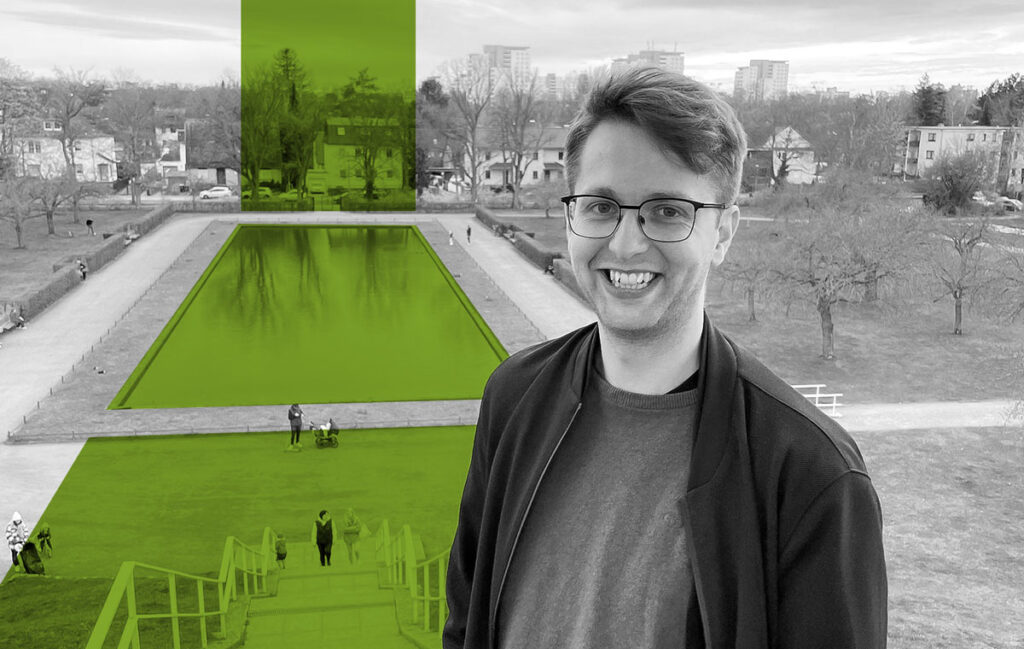Teitur Sævarsson has a clear message for Icelandic colleagues after completing his EMBO Scientific Exchange Grant: “Definitely apply and don’t hesitate,” he says. “It is both very simple compared to other grant application processes, and the people at EMBO were extremely helpful.”
“It allowed me to go to Oslo and learn new techniques without having substantial financial worries. There was basically no downside to this!”
Sævarsson’s PhD studies how differentiation status in Melanoma cancers affect their immunogenicity with a specific focus on immune evasion mechanisms rather than immuno-stimulatory mechanisms.
He spent three months at the Norwegian Radium Hospital in Oslo learning how to genetically engineer human T-cells to add new T cell receptors. “I can put them in culture with my Melanoma cells and then observe the interaction depending on the differentiation,” Sævarsson says. “At that time, nobody here in Iceland knew how to do it, so this brought a ‘new’ method here although of course it is not novel globally.”
On his return, Sævarsson spent several months setting up his new method, developing protocols and successfully testing the technique at his home lab.
“We hope this technique will become more widely used in Iceland,” he says. “The dream scenario would be that we introduce more people to the technique and then cooperate to implement this in wider research projects.”
Sævarsson grew up on a small farm in the southern region of Iceland and did his undergraduate degree in agricultural sciences before pivoting to cancer research. “It sounds more random than it actually is,” he says. “I went from researching sheep coat color which stems from the melanocytes to studying melanoma which is not that big a stretch.”



